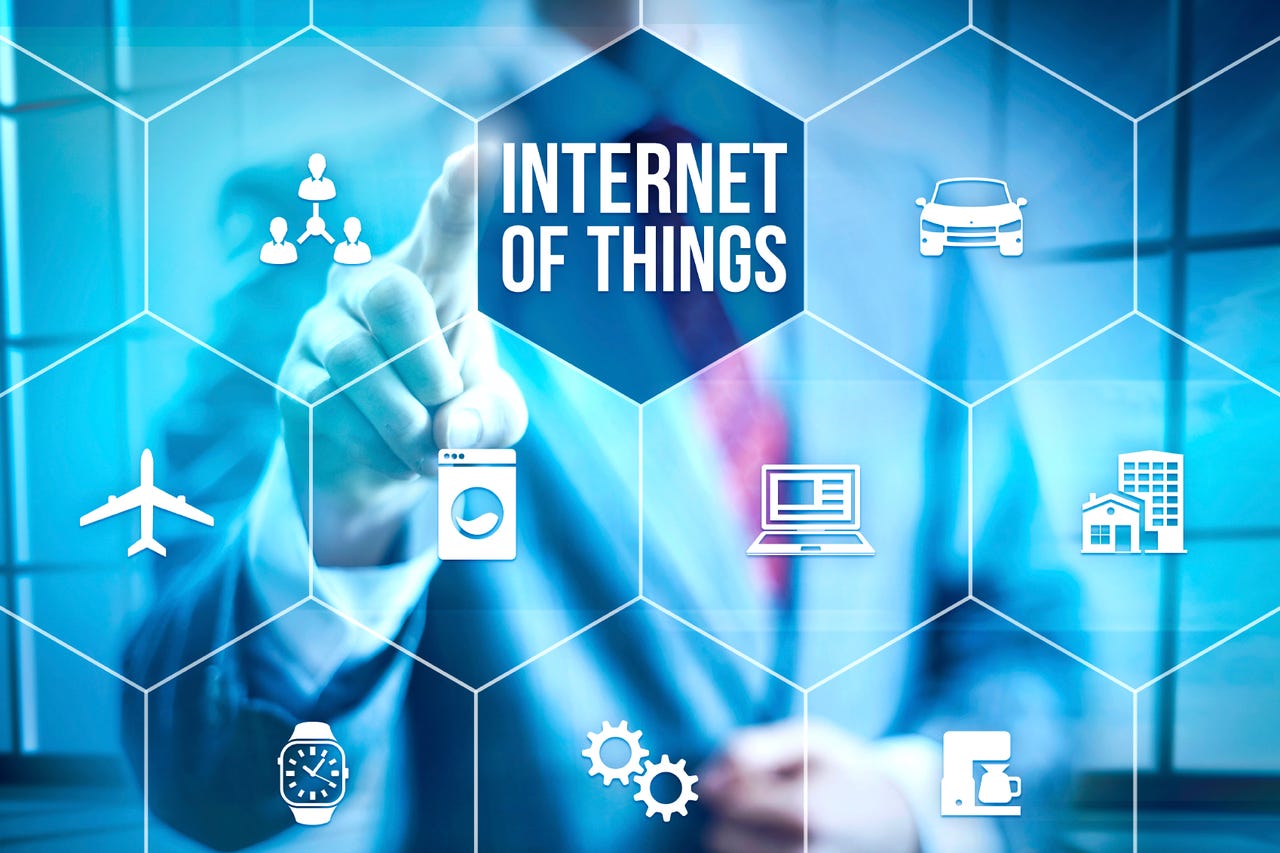Time to pay attention: The Internet of Things is about to go mainstream


One of the biggest worries surrounding the deployment of the IoT is cybersecurity.
A 'universal acceptance' amongst organisations about the importance of the Internet of Things (IoT) is pushing the technology towards mainstream adoption, newly released figures from analyst Gartner have claimed.
According to the firm's recent survey, Early Adopters of Internet of Things Poised to Make 2016 the Year of the Customer, the number of businesses planning to adopt some sort of IoT strategy is set to grow by 50 percent this year, a figure which would bring the overall total of businesses with some sort of IoT deployment to 43 percent.
Currently, Gartner figures suggest, a little under a third of organisations are actively using the Internet of Things, with an additional 14 percent planning to implement IoT during 2016. Meanwhile a further 21 percent are setting out a roadmap for the IoT.
However, while many organisations actively plan to deploy IoT, there are hurdles which need to overcome before it can be done, such as setting out the business case for connected devices.
While there is near universal acceptance of the importance of the IoT, less than a third of organisations surveyed were actively exploiting it, according to Chet Geschickter, research director at Gartner.
"Many organisations have yet to establish a clear picture of what benefits the IoT can deliver, or have not yet invested the time to develop ideas for how to apply IoT to their business," he explained, adding that a lack of knowledge about how to deploy IoT is also holding organisations back.
"Many of the survey participants have insufficient expertise and staffing for IoT and lack clear leadership," he said.
The survey reveals that one of the biggest issues surrounding the deployment of the IoT is cybersecurity.
ZDNet SPECIAL FEATURE -- Internet of Things: The Security Challenge
It's heavy industries, such as utilities, manufacturing, and oil and gas, which are the heaviest adopters of IoT -- not surprising given these businesses' reliance on sensors and readings -- while the services industry isn't finding much immediate use for the technology.
Indeed, Gartner predicts that over half of heavy industries will have deployed some sort of IoT technology by the end of this year, while only a little over a third of "light" organisations in the services industry will have done so.
For those organisations which have already deployed an Internet of Things solution, the primary benefits are said to mainly be internal, such as improved efficiencies, cost savings, and enhanced asset utilization.
IoT also offers some externally facing benefits, such as enhancing customer experience or increasing revenue. While these may seem to be less apparent now, Gartner's Jim Tully believes this won't be the case for long.
"We are poised for a marked shift in focus toward customer-facing benefits for planned IoT implementations, positioning IoT as a key competitive marketplace weapon going forward," he said.
"We can expect a much higher IoT focus on end customers during the next 12 months. In effect, IoT programmes and processes will become competitive marketplace weapons starting in 2016," Tully added.
Gartner's survey was conducted among Gartner Research Circle Members and included responses from 465 IT and business professionals spanning 18 business sectors in North America, EMEA, Asia/Pacific, and Latin America.